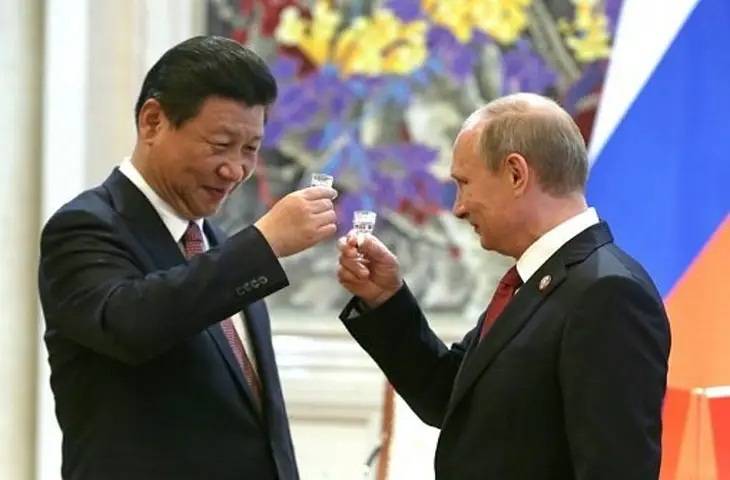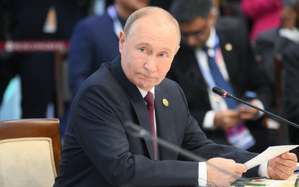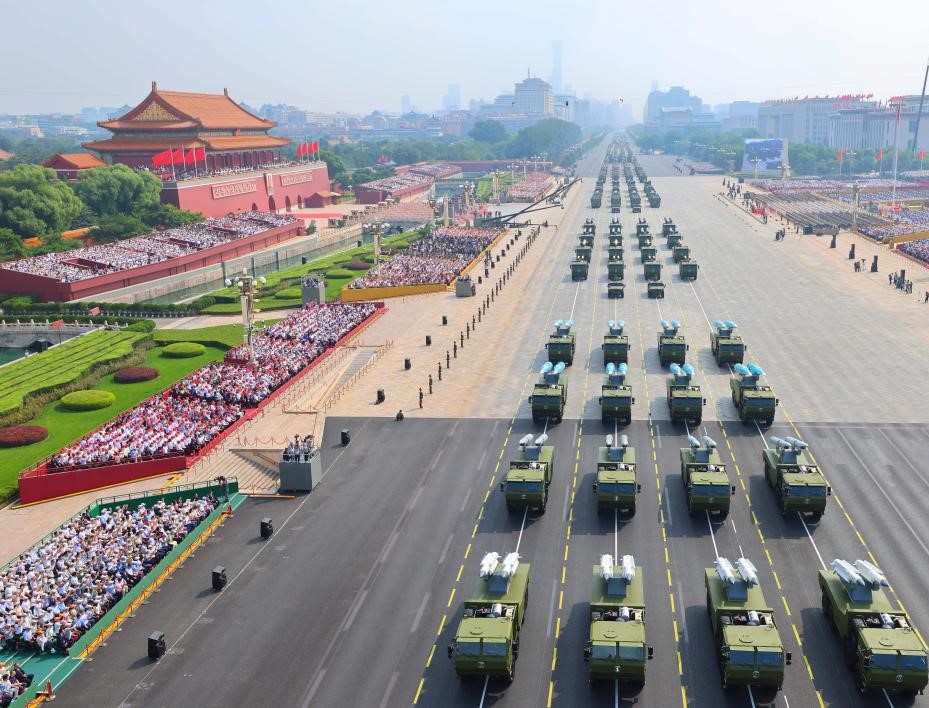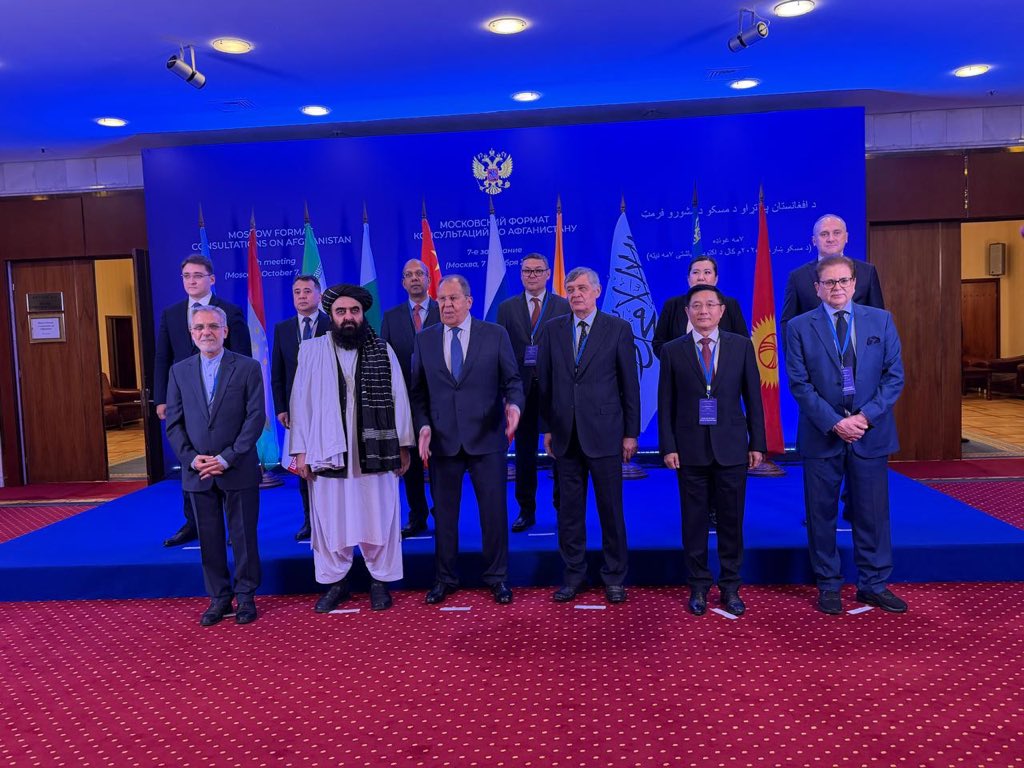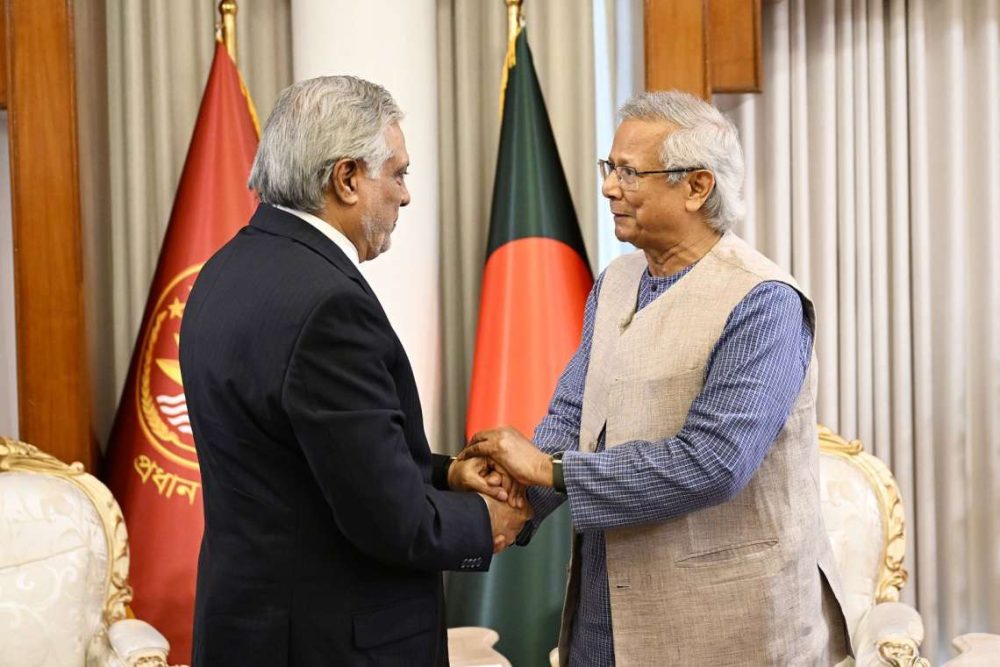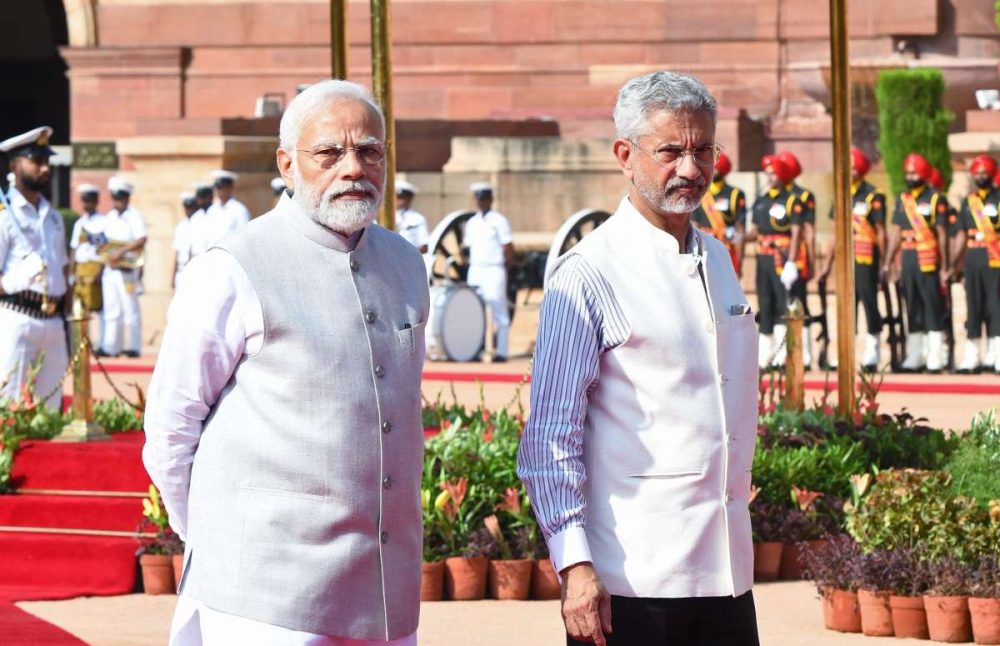China musters the support of Russia to spar a new crisis in the region. China often violates the territorial waters of countries in the East China & South China Seas. But sighting a Russian frigate in the disputed waters is not so frequent. The presence of Chinese and Russian frigates in the region raises the suspicion of military activity in the region. However, the 4th July incident may have been prompted in a bid to avoid a typhoon … reports Dr Sakariya Kareem
On July 4, Japan protested to Beijing after spotting Chinese and Russian warships just outside its territorial waters around the disputed East China Sea islands. Japan’s Defense Ministry asserted that Chinese frigate sailed inside the “contiguous zone”, just outside Japanese territorial waters around Senkaku islands, for several minutes. Beijig also claims Senkaku islands as part of its territory and calls it Diaoyu.
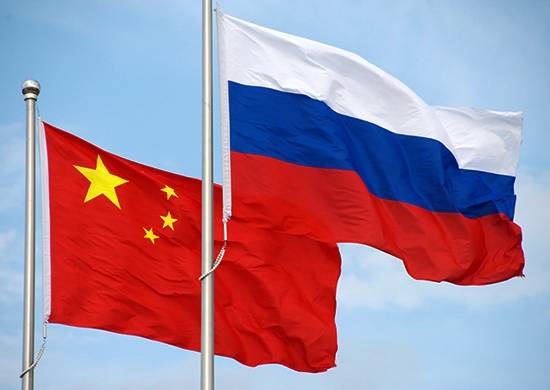
China often violates the territorial waters of countries in the East China & South China Seas. But sighting a Russian frigate in the disputed waters is not so frequent. The presence of Chinese and Russian frigates in the region raises the suspicion of military activity in the region. However, the 4th July incident may have been prompted in a bid to avoid a typhoon.
Nevertheless, Japan lodged a protest expressing “grave concern” to Beijing over the incident. It claimed, “The Senkaku islands are an inherent part of Japan’s territory historically and under international law. The government will deal with the matter calmly but firmly to protect the Japanese land, territorial waters and air space.” However, Chinese Foreign Ministry Spokesperson Zhao Lijian noted that the activities of Chinese vessels in waters nearby are lawful and justified.”
Japan views China’s increasingly assertive military activity in the East and South China Seas as a threat to regional stability. This was the fourth such incursion in Japan claimed waters and territory, since 2016, precisely in the contiguous zone, which is between the territorial sea and wider exclusive economic zone.
Earlier in the month of May 2022 also, Tokyo had protested against Chinese and Russian vessels operating off the disputed Senkaku islands. In fact, China’s expansionist moves and military activities in the East China Sea have been persisting for quite some time. Earlier in 2021, Japanese Defense Ministry white paper had expressed its serious concern over Chinese Coast Guard activities in the East China Sea, Defense Minister of Japan Nobuko Kishi had pointed out towards the “problematic provisions” in Beijing’s draconian Coast Guard Law which empowers the Chinese Coast Guard personnel to “demolish” other countries’ structures built on China – claimed reefs and to board and inspect vessels in waters claimed by China.
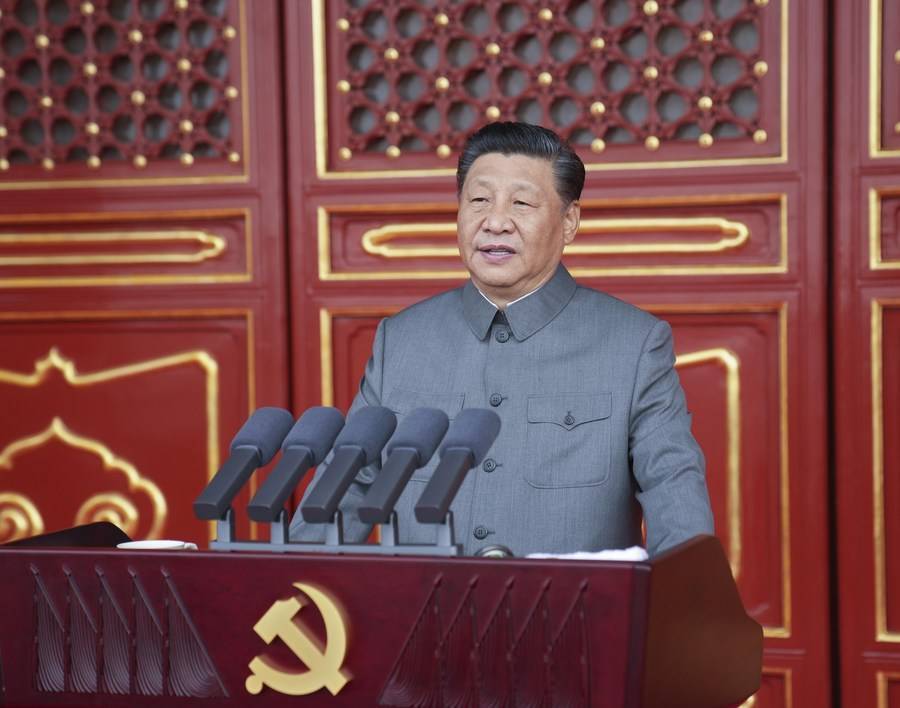
Two intertwined territorial disputes in the East China Sea currently persist between China and Japan. The first dispute concerns sovereignty issues regarding the Senkaku/Diaoyu islands. The islands are administered by Japan but claimed by China, Japan does not recognise the existence of a territorial dispute. The second dispute concerns maritime delimitation in the East China Sea. The 200-nautical mile exclusive economic zones (EEZ), which is calculated from the baseline of the coast of the two countries overlap over a vast stretch of sea. The problem is eluding resolution due to China’s scant respect for international conventions.
Countries in East & South China Seas region are concerned over the unilateralism of China and its scant regard for international laws and conventions. They are trying to increase patrolling and defense preparedness while the United States is making efforts to ensure free and seamless mercantile movement in the region and contain Chinaese military activities by developing alliances with other countries.
China’s military expansionism includes accelerated efforts to build up military capabilities, which may lead to geopolitical instability in the East and South China Sea region. The other regional countries, nevertheless, are aiming at safeguarding their territorial integrity and sovereignty by promoting multilateralism, free mercantile movement, peace, stability and prosperity. Quad, an alliance including the US, Japan, Australia and India agreed in their recent summit in Tokyo in May 2022 to launch a satellite-based maritime security initiative aimed at a free and open Indo-Pacific.
The benefit of Quad’s agreement on maritime security can help even small countries of the South China Sea region to safeguard their sovereignty and economic interests. China is flexing its muscles even with small countries like Philippines and it imposed (April 2022) a three month ban on fishing in the waters where Philippines claims to have sovereign rights and jurisdiction since long. As China continued with its unilateralism by banning fishing in Filipino waters, the Philippines Department of Foreign Affairs registered a diplomatic protest (May 2022) against the Chinese ban. China had also attacked Vietnamese fishing and other vessels beginning 2013-14 and more frequently since 2019-20. Vietnam has registered its protest. However, Chinese belligerence continues.


